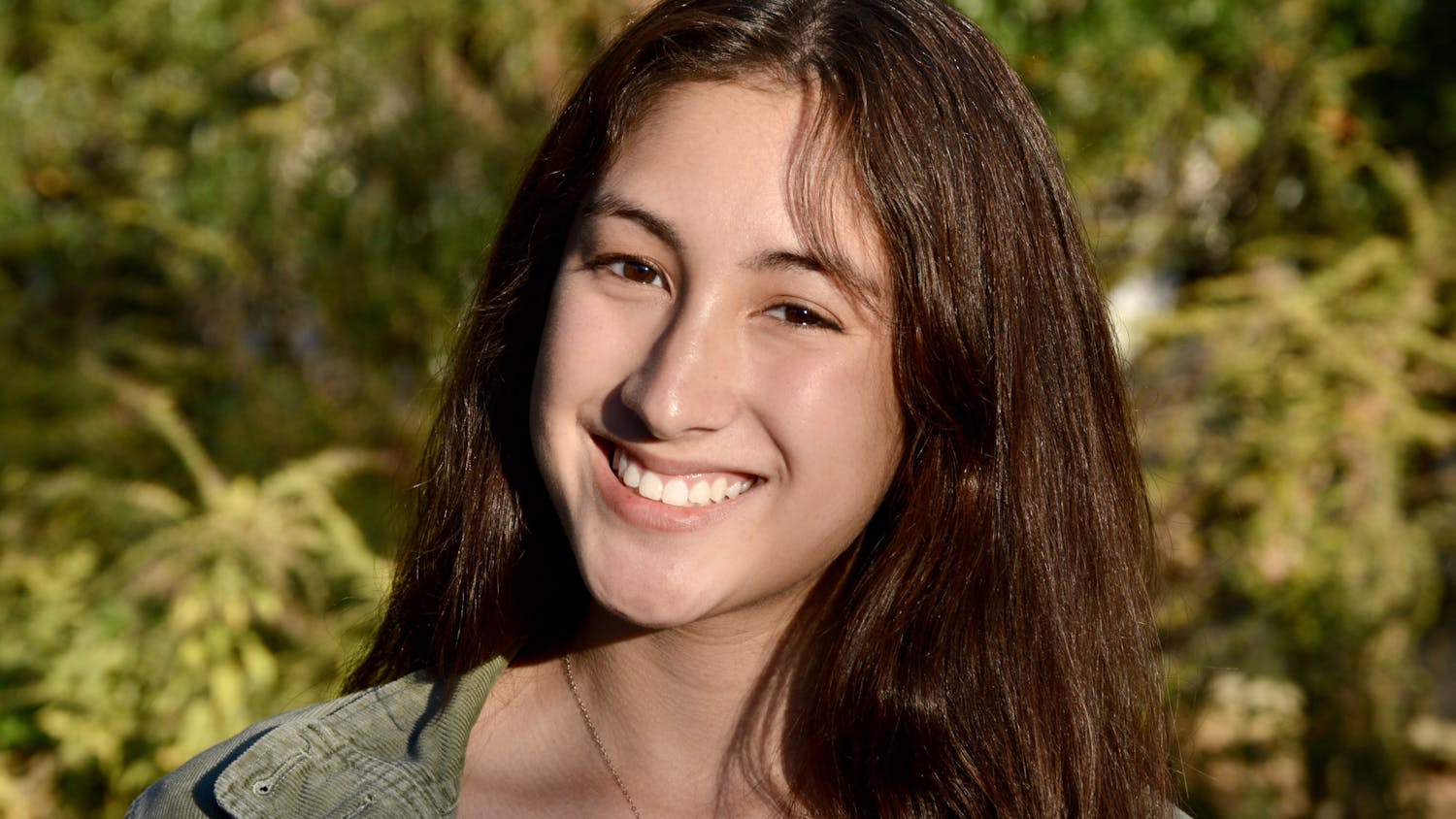by Derek Siegel
Body image negativity tends to be a cycle of shame and silence. When we are afraid that our bodies are less than perfect, we are discouraged from voicing these concerns. We all share the responsibility, therefore, of speaking out against these stigma, reclaiming our voices and our bodies. Together we must challenge the idea that other people can dictate our own self-worth.
Integrating her sophomore project for the School of Public Affairs Leadership Program with her role as co-director of “Body Image,” a department in Women’s Initiative, Jasmine Jones has been leading an innovative series of campus workshops to control negative body image and build self-esteem.
Jones recognizes the relationship between the individual and society in addressing body image negativity. She said she hopes to unite students through her workshops, creating a campus dialogue that will both challenge stigma and encourage participants to “love themselves, express themselves and feel empowered about who they are.”
Body image has little to do with our physical forms, Jones said, and is mostly defined by how we imagine other people view us as well as our own self-perceptions. Negative self-image can manifest itself in loss of control, low self-worth and strained relationship building skills. It is also associated with more visible indicators such as depression, anxiety and eating disorders.
Though all people experience body image negativity differently, a typical narrative develops as we judge ourselves against ideal beauty norms portrayed by the media. We internalize these impossible-to-achieve expectations that tell us that in order to be beautiful and valuable we must be slim and muscular with perfect proportions, teeth, hair, etc.
Yet the media alone aren’t to blame. As friends, family members and classmates, we often reinforce these unrealistic expectations by putting pressure on ourselves to look and act in particular ways. Even when we don’t mean to shame one another, our failure to vocally challenge these norms can reproduce their legitimacy.
Our collective silence can make it seem that as individuals we are the only ones struggling with body image negativity. Our unwillingness to discuss these issues has stigmatized them to the point where we are more likely to suffer quietly than to openly support one another.
This is where “Body Image” concentrates its efforts. It challenges body image negativity as an individual concern by holding “Self-Esteem Boot Camps” and giving participants the tools to reflect on their personal experiences. The organization tackles body image negativity as a cultural phenomenon by challenging the stigma that surround it. Tabling each week and creating safe spaces to initiate dialogue, “Body Image” lets AU students know they are not alone.
Breaking the silence has personal importance for Jones. In her experiences, the African-American community doesn’t talk about body image negativity.
“We are supposed to be strong black women, so having issues with our bodies and low self-esteem is out of the question,” Jones said.
Jones also indicates how hegemonic masculinity prohibits young men from vocalizing their struggle with body image. She explains that everybody faces pressure to conform to ideal beauty norms, but that among certain identity groups the issue isn’t brought to light.
Because we are all responsible for challenging the norms that shame our bodies and stigmatize these experiences, “Body Image” workshops are for everyone. Jones hopes that young men and people from all walks of life will feel comfortable joining what she sees as a universal initiative.
“It’s about self-exploration, learning who you are, and realizing your potential,” she explains, “and finding that one moment a day where you can say with honesty that you love yourself. We are growing together.”
Derek Siegel is a sophomore in the College of Arts and Sciences.
edpage@theeagleonline.com



